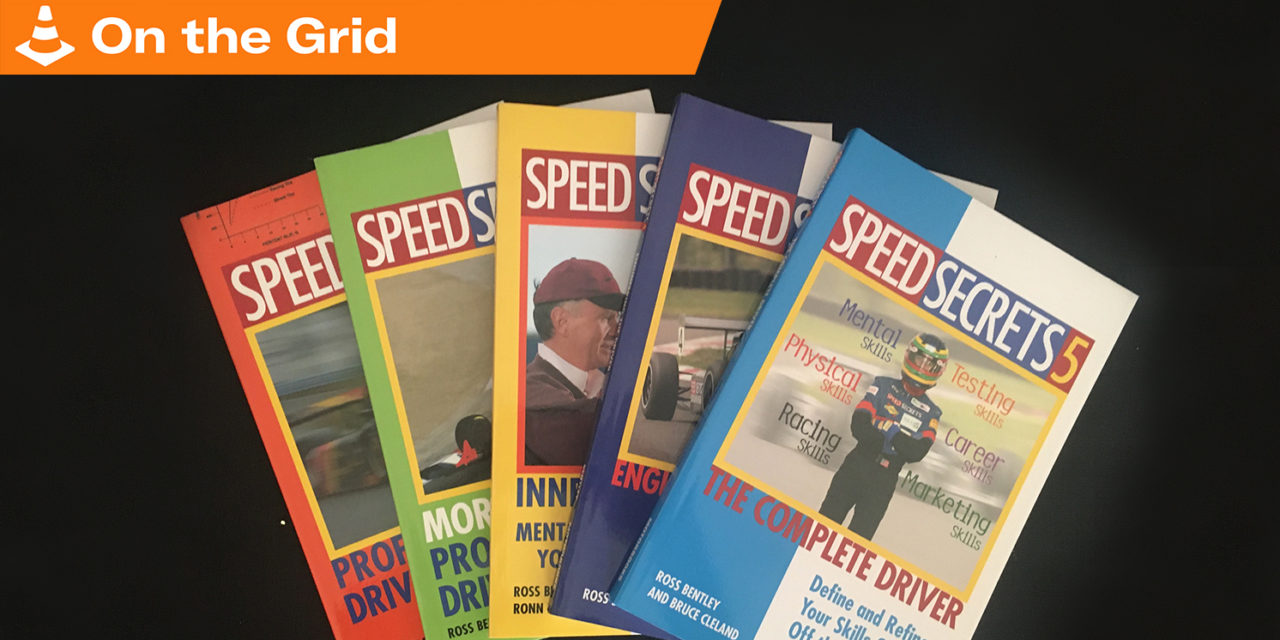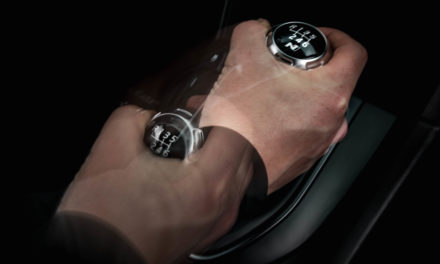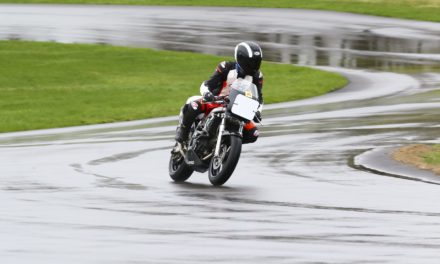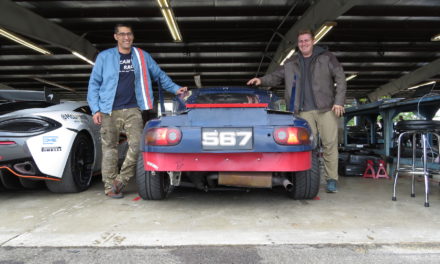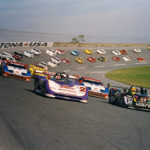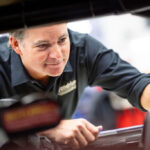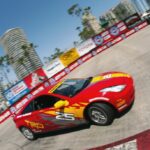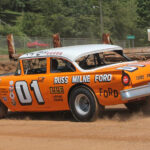In 490 B.C., the Greek herald Pheidippides ran 26 miles (or thereabouts) from Marathon to Athens to inform his compatriots that the Persian invaders had just been defeated in an epic battle. Pheidippides promptly died after delivering the good news.
Similarly, in 2022 A.D., esteemed driver coach Ross Bentley posted the 500th edition of Speed Secrets Weekly. After reaching the milestone, Bentley promptly declared that he was killing his beloved once-a-week online compendium of high-performance driving tips as it approached its tenth anniversary.
“I’m going to continue to write because I love doing it,” he says. “But I want to spend a little bit of time on more videos, maybe some more podcasts, and different formats of getting information out there. Also, it’s just time for a change. Not that I didn’t enjoy doing it, and not that I didn’t think it was still providing some value. But I want to try something different.”
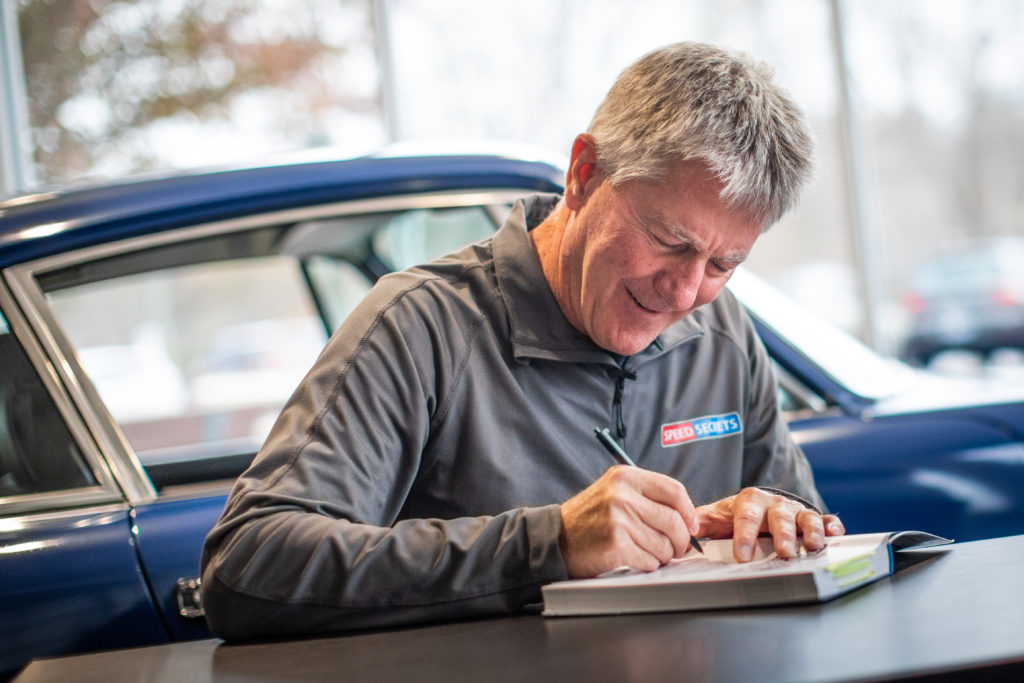
Even though Bentley wrapped Speed Secrets Weekly, he continues to write frequently.
I get it. Though, speaking as one of Speed Secrets Weekly’s 2,500 satisfied recipients, I’m going to miss the new installments arriving in my inbox every Tuesday. I never knew what it would be about—subjects ranged from modulating the brake pedal and data analysis to pre-race diet and mental imagery—but I could always count on being entertained as well as edified. And there were usually a few nuggets of information that I could apply to my own driving.
I first met Bentley at Laguna Seca Raceway in 2006 while working on a story about what driver coaches actually do. “One of my missions in life,” he told me at that time, “is to make driver coaches as accepted as race engineers.” Mission accomplished! These days, there seem to be nearly as many driver coaches as there are drivers looking for coaching.
British formula racer Jim Russell started the first modern racing school in the UK in 1956, and Mille Miglia winner Piero Taruffi published his seminal book, The Technique of Motor Racing, in 1959. Two years later, the Carroll Shelby School of Race Car Driving opened at Riverside International Raceway. (The original instructor was Peter Brock, better known for his exploits with the Cobra Daytona Coupe and BRE Datsuns.) This later morphed into Bob Bondurant’s school. Skip Barber went into the teaching business a few years later.
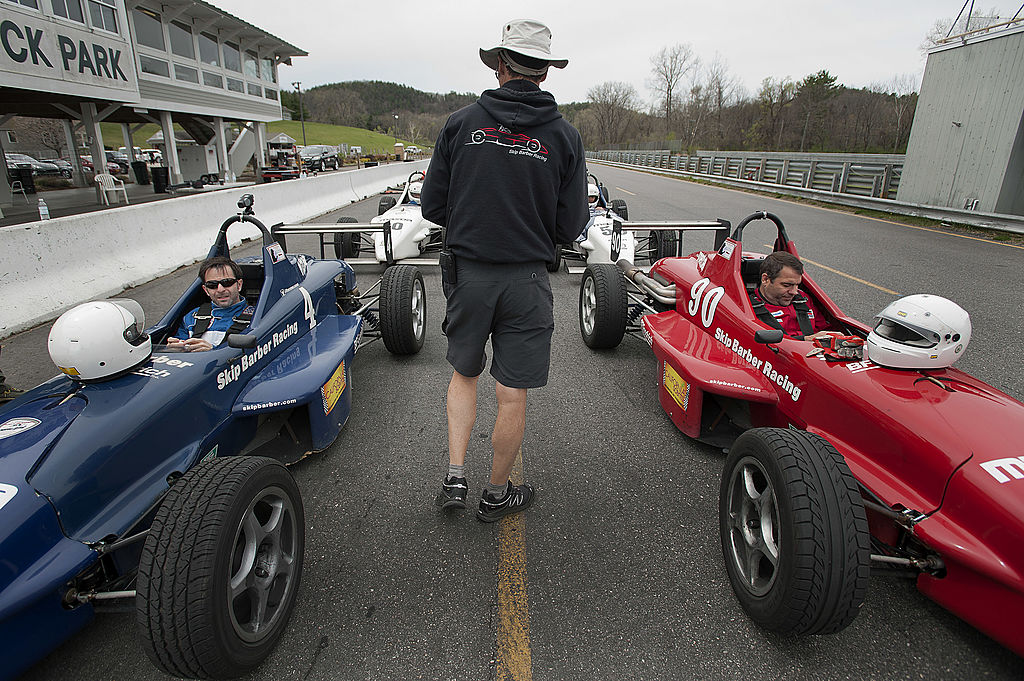
(Paul Taggart/Bloomberg via Getty Images)
Nowadays, you can find schools for virtually every motorsports discipline on the planet—road racing, drifting, stock cars, rallying, sprint cars, go karts, and drag racing. A handful of instructors such as Terry Earwood and Bill Cooper have emerged as legends in their own right. Inevitably, though, most school instruction focuses on basics such as heel-and-toeing and finding the right line, and the curriculum tends to be structured so that one size fits all.
Coaching, on the other hand, offers one-on-one instruction designed to take drivers to the next level. As Bentley puts it, “Instructing is telling people what to do. Coaching involves going above and beyond what they already know. I look at it as doing whatever it takes to help the person perform better, even if it means saying, ‘Hey, I’ll go grab your lunch so you can focus on watching your in-car video.’”
Coaching began informally as professional racers paired up with gentleman drivers in endurance racing. By the turn of the century, it had matured into a formal vocation, and Bentley emerged as one of its most celebrated practitioners. Like many aspiring pro drivers, he’d done time as an instructor to make ends meet while pursuing a career that took him to Indy cars and the uppermost echelon of IMSA. After a while, he realized that he had a special appreciation—and talent—for teaching.
“Somewhere in the 2003 range, a fellow driver came up to me and said, ‘Hey, what are you racing this weekend?’” Bentley recalls. “And I said, ‘I’m not racing. I’m coaching this weekend.’ And he said, ‘Oh, that’s too bad.’ And I went, ‘No, it’s not. I love coaching.’ I think that was the moment I realized that this was a profession. Maybe I couldn’t be the best driver in the world. But I could be the best coach in the world.”
Since then, Bentley has worked with thousands of drivers and written 11 books that drill down into the finer points of road racing, autocrossing, karting and even driving on the street. Speaking as a longtime fan, I can say that these books ought to be required reading for anybody who logs any laps on a racetrack. They come with a time-stamp on them. “They’re what I was thinking at that time, but my ideas have evolved,” Bentley says. “The idea of writing something every single week appealed to me because my ideas could change over time.”
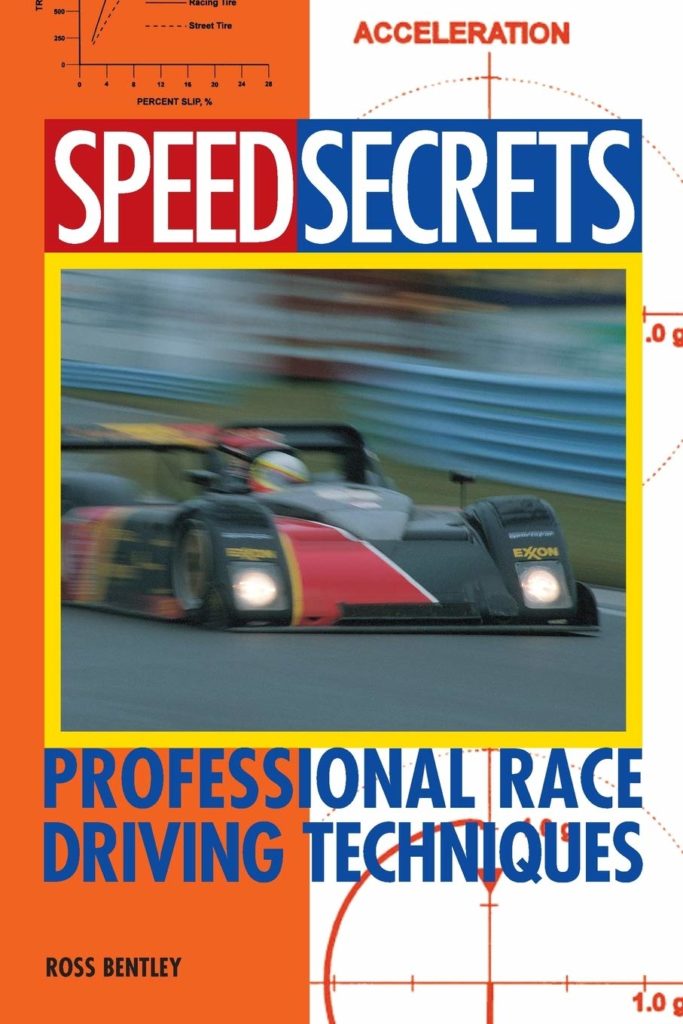
The first issue of Speed Secrets Weekly materialized on May 7, 2013, and established the template for the 499 newsletters that followed. There was always a feature article—in this case “driving the car instead of the track”—along with but-wait-there’s-more material ranging from specific “Speed Secrets” to sidebars about fast corners versus slow corners to definitions of Bentley-isms such as the “end of braking,” aka “EoB.”
Some hobby horses recurred over the years, like embracing the challenge of racing in the rain. (Alas, I still haven’t wrapped my head around that one.) Bentley also used the column as a forum for revisiting past advice or reconsidering conventional wisdom, such as an issue in which he stressed that, in certain cars, under certain conditions, coasting was actually quicker that always being either on the brake or the throttle.
“One of the things I learned through Speed Secrets Weekly is that a lot of people take things in writing as gospel,” he says. “Weekly gave me a chance to clarify some of the things I’d previously written in books. I found myself saying a lot of times, ‘This works most of the time—except when it doesn’t.’”
From the start, Bentley preached to a big tent welcoming pro racers desperate to eke out the last tenth of a second as well as fair-weather track-day drivers looking for a few easy-to-digest tips. In addition to nuts-and-bolt advice about driving technique, Bentley took a holistic approach to coaching that went beyond Racecraft 101. As he puts it, “Some of the most satisfying bits that I’ve ever written were about more than just driving, and I’d get an email that said, ‘This applies not just to driving. It applies to everything in life.’”
Another selling point was that Speed Secrets Weekly featured dozens of guest columnists over the years. The most prolific—and my personal fave—was ace race engineer Jeff Braun, who provided a never-ending stream of fascinating insights about pro racers. Bentley wrote the vast majority of the copy himself, and his indefatigable wife, Robin, edited more than a million words on tight deadlines.
After cranking out a column at least once a week for 10 years, Bentley admits that he feels a certain sense of relief not having to face constant pressure to get the next installment of Speed Secrets Weekly out the door. (Readers who need an occasional fix can buy back issues.) In 2023, he plans to devote more energy to his Speed Secrets Sim Racer Academy, which he launched in late 2021, and he’s noodling over writing another book. Meanwhile, he’s still committed to his private coaching gig, which, last year, took him to 21 racetracks on three continents while racking up more than 250,000 miles in airline travel.
Even as he takes on some new responsibilities, Bentley says he plans to continuing mailing out new columns on a random basis, as the muse strikes him. “Last week, I sent two of them to Robin and said, ‘Can you edit these?’” he says. “And she was like, ‘You just can’t stop. Can you?’”
Last week, in fact, I found the inaugural issue of Speed Secrets Randomly in my inbox. In it, Bentley offered a brief but remarkably cogent explanation of why drivers ought to focus on where they stop braking for a corner, not where they start:
“Remember, when you’re driving on the road and approaching a red traffic light, you don’t look to the side of the road for a reference to tell you when to begin braking for it! Instead, you look to where you need to be stopped, the EoB, and apply and adjust your braking based off it. Do the same on the track.”
I feel faster already.

